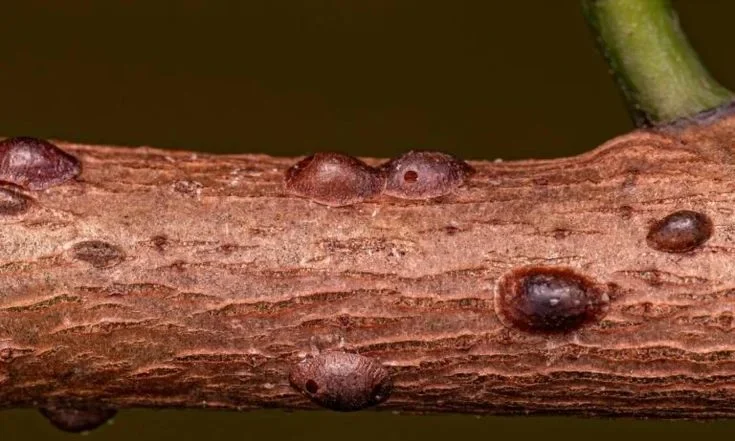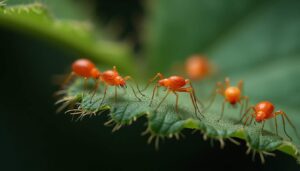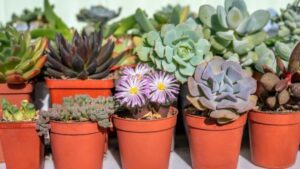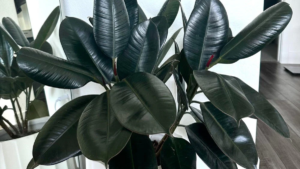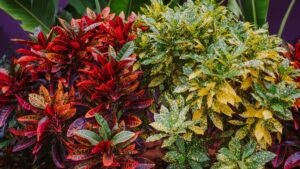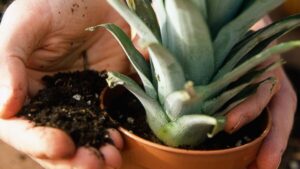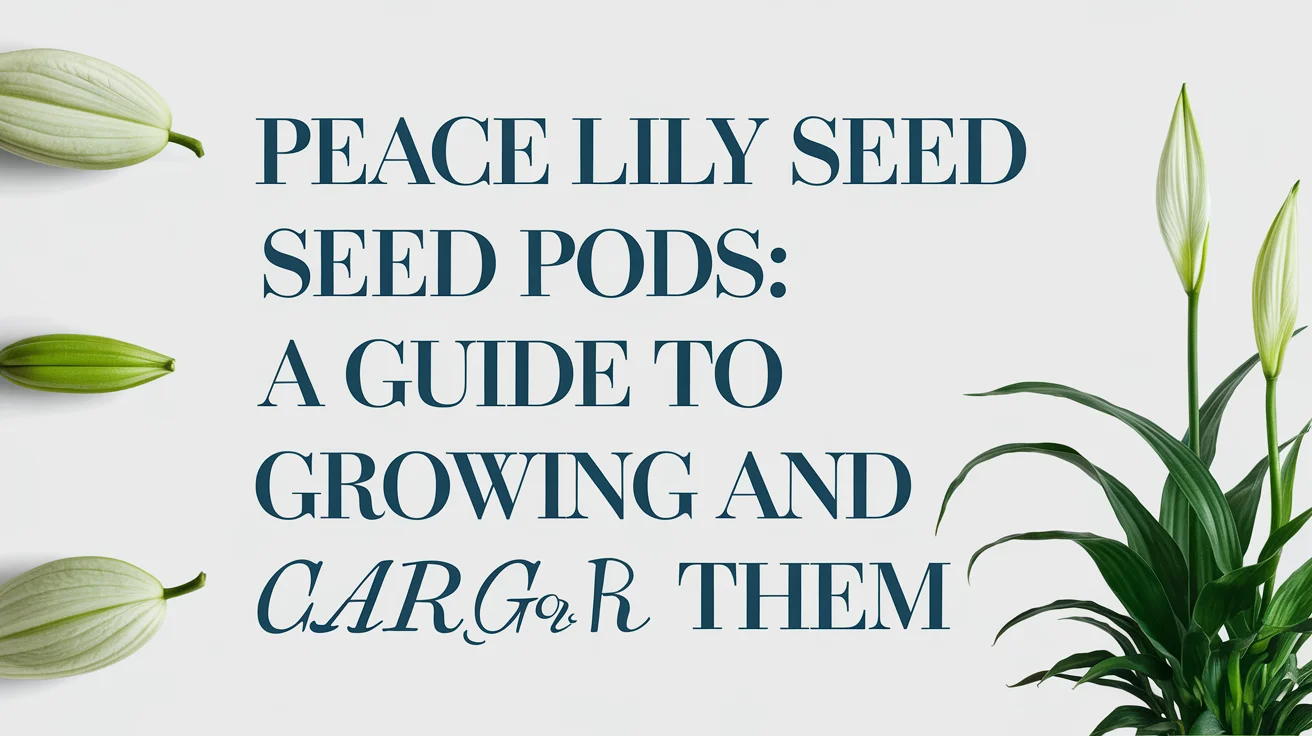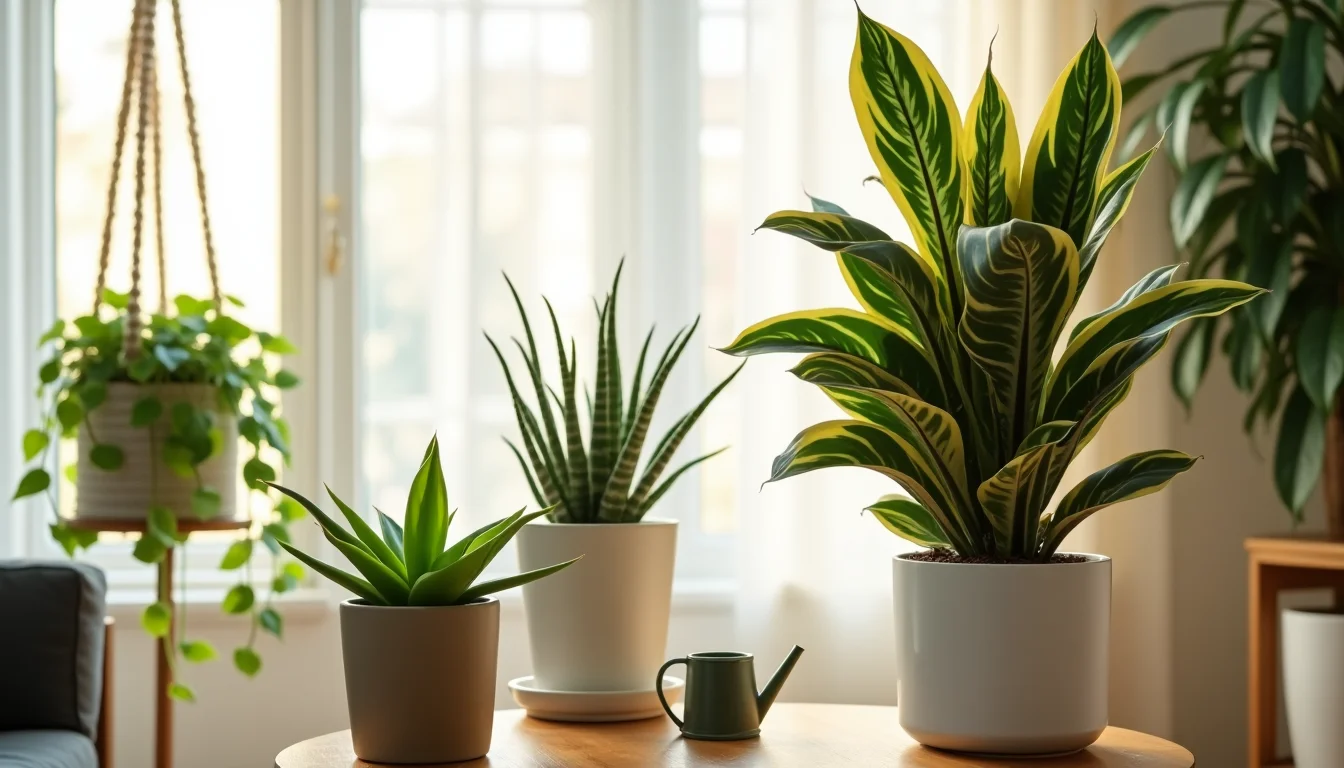Plants bring life, beauty, and fresh air into our spaces, but they are often vulnerable to pests. Among the most destructive are scale insects on plants. These tiny yet harmful pests feed on plant sap, causing yellowing leaves, stunted growth, and even plant death if ignored.
In this article, you will learn how to identify scale insects, recognize the signs of infestation, and apply practical solutions to protect your plants. With simple prevention and effective treatment methods, you can keep your garden and indoor plants thriving.
What Are Scale Insects on Plants?
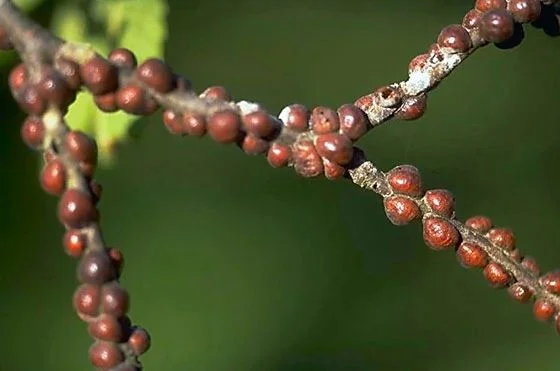
Scale insects are small, sap-sucking pests that attach themselves to leaves, stems, and branches. They come in two main types:
-
Soft scale insects – produce sticky honeydew that leads to mold growth.
-
Armored scale insects – have a protective covering and are harder to eliminate.
Although they vary in size and color, most scale insects are round or oval and can look like tiny bumps on plant surfaces.
Why Scale Insects Are a Problem
These pests harm plants in several ways. First, they weaken plants by draining sap, which reduces nutrients essential for healthy growth. Second, the sticky honeydew they secrete attracts ants and encourages sooty mold, making plants look unsightly.
If left untreated, severe infestations may lead to leaf drop, poor flowering, and even plant death.
How to Identify Scale Insects on Plants
Recognizing an infestation early is crucial. Here are some clear signs:
-
Small, round, or oval bumps on leaves and stems.
-
Yellowing or wilting leaves.
-
Sticky residue on plant surfaces.
-
Black sooty mold caused by honeydew.
-
Presence of ants around plants.
By inspecting your plants regularly, you can catch these pests before they spread.
How Scale Insects Spread
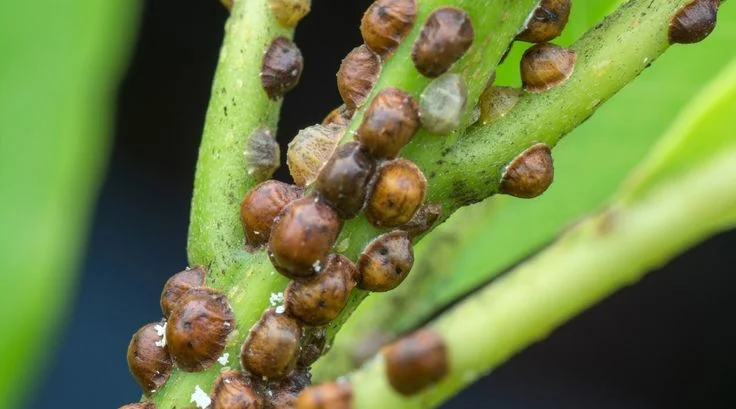
Scale insects are highly adaptive and spread in multiple ways:
-
Crawlers (young scales) move from plant to plant.
-
Wind, pets, and clothing may carry them indoors.
-
New plants from nurseries sometimes bring hidden infestations.
Because of these risks, it’s important to quarantine new plants before adding them to your garden or home.
Effective Methods to Control Scale Insects
Controlling scale insects requires persistence and a combination of strategies.
1. Manual Removal
For small infestations, use a cotton swab dipped in alcohol to wipe scales off leaves and stems. You can also prune heavily infested branches.
2. Natural Predators
Ladybugs, lacewings, and parasitic wasps are natural enemies of scale insects. Introducing these beneficial insects helps restore balance in your garden.
3. Horticultural Oils and Soaps
Neem oil and insecticidal soap suffocate scale insects because they block breathing pores. Moreover, these treatments are safe for most plants, and therefore they are popular among gardeners.
In fact, when applied consistently, neem oil prevents reinfestation, and insecticidal soap works equally well on young scales. However, you must reapply them regularly, since pests often return.
Thus, it is wise to combine oils with preventive care. Furthermore, these natural sprays are affordable, so they fit into any plant care routine. Finally, remember to test on a small area first, otherwise some sensitive plants may react. Regular applications provide effective control.
4. Systemic Insecticides
For severe infestations, systemic insecticides enter the plant’s tissues and kill scale insects feeding on sap. Use these carefully and only when necessary. If you want a detailed step-by-step guide on managing persistent scale infestations, you can also check this helpful resource on scale bugs on plants.
Preventing Scale Insects on Plants
Prevention is always better than cure. Follow these steps to reduce the risk of infestations:
-
Inspect plants before purchase.
-
Keep indoor plants clean by wiping leaves.
-
Avoid over-fertilizing, as tender new growth attracts pests.
-
Provide proper airflow to reduce humid conditions.
By maintaining plant health, you make them less vulnerable to pest attacks.
Organic Solutions for Scale Insects
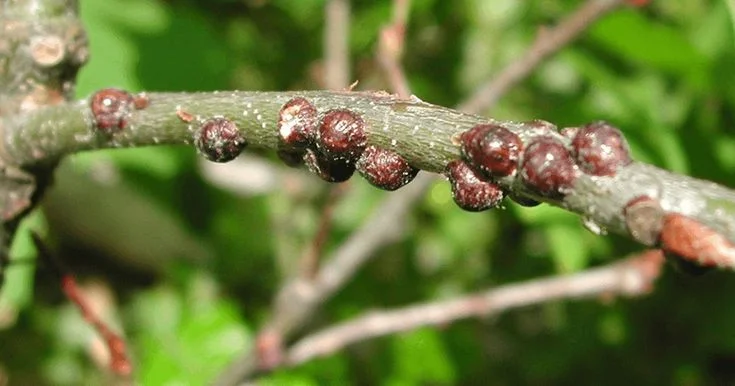
Many gardeners prefer eco-friendly approaches. Here are safe methods:
-
Neem oil sprays – disrupt insect growth.
-
Homemade soap sprays – suffocate pests without chemicals.
-
Rubbing alcohol – effective for spot treatments.
These organic solutions are safe for pets, children, and pollinators when used correctly.
Scale Insects on Common Plants
Some plants are more prone to infestations, such as:
-
Orchids
-
Citrus trees
-
Roses
-
Succulents
-
Houseplants like ficus and philodendrons
Knowing which plants are most vulnerable helps you take preventive steps.
FAQs About Scale Insects on Plants
What causes scale insects on plants?
They thrive in warm, humid conditions and spread through infested plants, wind, or insects like ants.
Are scale insects harmful to humans?
No, they are not dangerous to humans, but they severely damage plants.
How do I permanently get rid of scale insects?
Combining manual removal, natural predators, and regular neem oil treatments offers long-term control.
Can scale insects kill my plants?
Yes. Severe infestations can cause nutrient loss, leading to plant death if ignored.
What is the difference between mealybugs and scale insects?
Mealybugs are soft-bodied and cotton-like, while scale insects appear as hard or soft bumps attached to plants.
Conclusion
Scale insects on plants may be small, however, their impact can be devastating if left unchecked. Moreover, by learning how to identify them, applying natural or chemical treatments, and maintaining preventive practices, you can protect your plants year-round.
In fact, healthy plants are less likely to fall victim to these pests, because consistent care strengthens their natural resistance. For example, regular inspections and proper watering discourage infestations. Although prevention requires effort, the rewards are long-lasting. As a result, your plants will thrive in healthier conditions.
In addition, whether you’re growing indoor plants or tending a large garden, staying alert will ensure your plants remain strong, green, and beautiful. Instead of reacting too late, act early. Finally, remember that consistent plant care is the best defense against scale insects.
If you are interested in exploring other houseplants that require proper care to thrive, you can also read this guide on Dieffenbachia plant to keep your indoor greenery flourishing.
For additional resources on pest control and eco-friendly gardening, you can check trusted sources like University of California Integrated Pest Management Program.

